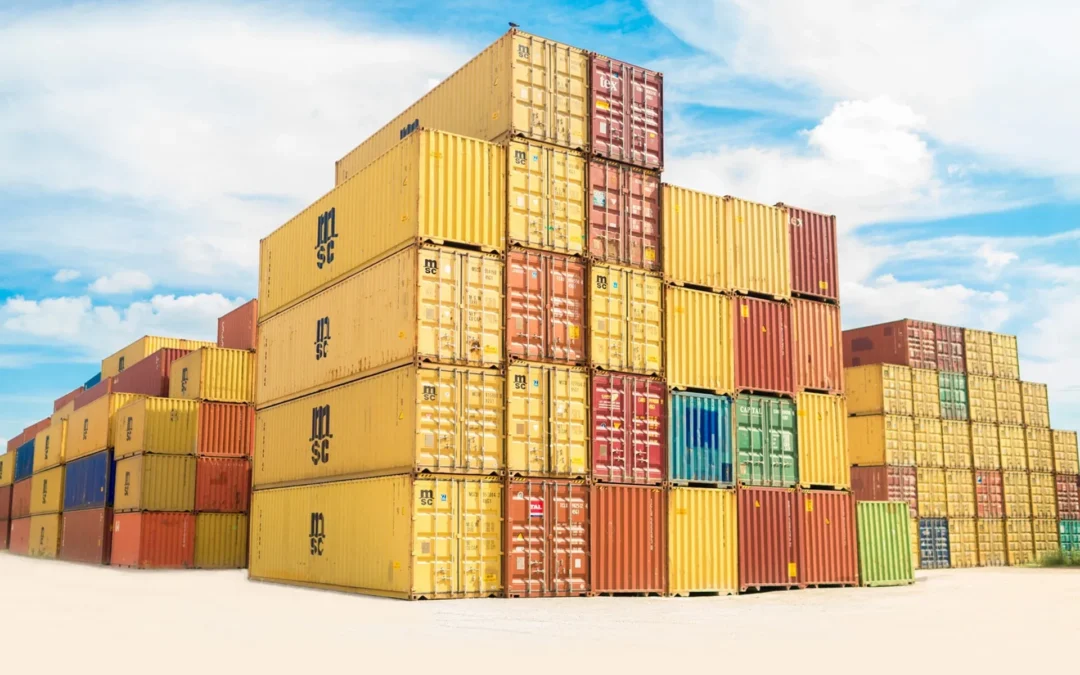Today, we’re taking a deeper look at the Importer of Record responsibilities and their essential role in ensuring efficient and compliant international trade operations. The IOR is integral to maintaining global trade compliance and operational efficiency, from managing tax and customs fee payments to handling crucial documentation. For example, in 2023, The biggest importer in the USA 2023 imported goods worth $3.17 trillion, emphasizing the need for effective and seamless import management.
In this article, we’ll discuss the key responsibilities of the importer of record and how they contribute to a seamless and cost-effective import process that benefits businesses worldwide.
The Responsibilities Of The Importer Of Record
The IOR is essential in ensuring smooth and compliant global trade. Up next, we’ll break down the key responsibilities of the importer of record that make this role so important:
Valuation and classification:
One of the responsibilities of the importer of record is accurately determining the value of imported goods and ensuring the correct customs codes for global shipping are applied (HS Codes). The value of the goods is crucial for calculating the appropriate duties and taxes. The HS code plays a vital role in categorizing the goods, helping determine how they should be treated under customs regulations. The IOR must check the HS code carefully to ensure it aligns with the imported product. Learn More about customs liability management.
Duty and tax assessment and payment:
The importer of record’s responsibility includes managing all financial obligations related to the import process, such as paying import taxes, duties, and fees. Payments should also be made on time to avoid any extra penalties for delays.
Complete documentation:
The roles of the importer of record involve managing all necessary documentation to ensure legal compliance.
These import documents include:
- Import license.
- Commercial invoices.
- Certificate of origin.
- Bill of lading.
- Packing list.
Regulatory compliance:
From the Importer of Record responsibilities, ensuring that imported goods fully comply with the laws and regulations of the destination country is essential. This critical role helps prevent legal complications, fines, and delays.
Key responsibilities include:
- Safety standards.
- Products or items import restrictions.
- Special requirement goods.
Record keeping:
The IOR is responsible for maintaining detailed records of all import transactions, including shipping documents, declarations, and payment receipts. As part of the importer of record liabilities, they ensure compliance and facilitate smooth audits in the future.
Efficiency in Customs Procedures:
The responsibilities of the importer of record include working closely with customs authorities to ensure quick approval of goods. This helps prevent delays that could disrupt the shipment and the overall supply chain.
Risk Management:
IOR looks for potential problems during the import process, such as regulatory violations, incorrect paperwork, or unexpected fees. These fall under the main importer of record responsibilities, and by addressing them early, the IOR can resolve issues before they cause disruptions, ensuring a smooth process.
The Compliance Challenges for the IOR
The Importer of Record responsibilities are critical in international trade, as they involve significant roles related to compliance with customs regulations and import laws. However, this role has various compliance challenges that can impact operations and financial stability, such as:
- Audit and Investigation Risks: IORs face audits and penalties for non-compliance or inaccurate documentation, leading to delays and increased scrutiny.
- Enforced Compliance Measures: Non-compliance can result in mandatory self-audits, staff training, and stricter oversight, adding operational and financial burdens.
- Financial Penalties: Regulatory violations can result in fines, civil penalties, criminal penalties, and investigations. Authorities may also reject shipments, further straining cash flow and operations.
- Business Disruptions: Delays, penalties, and reputational damage from non-compliance hinder global operations and competitiveness.
- Documentation Challenges: IORs must manage complex paperwork, as errors can result in shipment delays and compliance issues.
- Regulatory Changes: Frequent updates to trade laws require IORs to invest in continuous learning and adapt quickly to maintain compliance.
Why is IOR Compliance Important To My Company?
Compliance with the Importer of Record (IOR) is extremely important for your company because it ensures you follow all the legal rules and regulations when bringing goods into the country. This includes ensuring your goods are properly valued and classified and paying the right taxes and duties on time.
Following IOR guidelines helps your goods clear customs faster and avoids delays that could disrupt your supply chain. It also reduces the chances of facing legal issues, fines, or stuck shipments due to mistakes or non-compliance. So, staying compliant not only helps your business operate smoothly but also protects you from unexpected costs and risks.
Take Control of Your Imports with IOR Africa
Simplify compliance with a licensed IOR is essential to ensuring your imports run smoothly and comply with all requirements. Whether you need assistance with taxes, customs fees, or paperwork, simply fill out the form to get started with our IOR services. We’re here to guide you, help avoid mistakes, and protect you from delays and fines. Let us handle the details so you can focus on growing your business.

